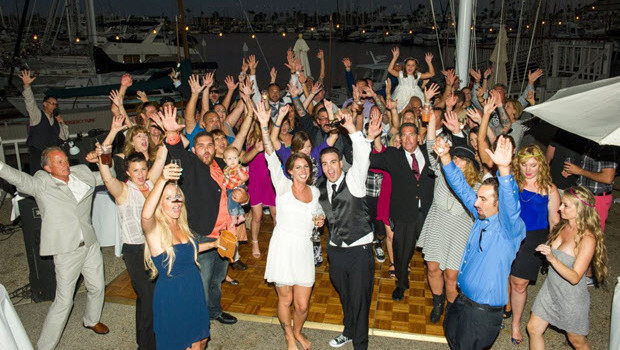Tips for Yacht Club to Gain Tax-Exempt Status
Published on April 1st, 2016
(April 1, 2016) – The largest single expenditure in a Yacht Club’s budget is real estate taxes (about 15% of total budget). As if this were not bad enough, there is a constant threat of a large increase in these taxes if the Club property is reassessed to a less advantageous category. However, a provision in the tax laws allows Clubs to be considered as a religious organization to avoid property taxes altogether.
Typically, membership encompasses a wide spectrum of beliefs, all the way from professional clergy through casual worshippers to apostates who have rejected veneration of the supernatural. However, Club members share one conviction: they all perceive the power of an Invisible Force and the way it guides them on their journeys.
On any Sunday afternoon or Wednesday evening. Club members can be heard beseeching the Invisible Force to favor them with enough grace to defeat the Dark Current which would steer them from the one true path. Five knots would be enough for all to pray for.
Strangely, the regulations governing most taxes on religious organizations do not even require that an organization ask to be considered as such: it can just declare itself to be one. Thousands have done so. However, the IRS, not being completely naïve, does spell out criteria for religious organizations (in rule 501(c)(3) and a few other regulations). These fourteen criteria are also those most often used for determining status for property taxes.
Clubs already satisfy most of these requirements. Clubs have “a distinct legal existence” in its incorporation, and a “formal code of doctrine and discipline” in its House and Grounds Rules and the Racing Rules of Sailing. Clubs have a “regular congregation” which meets for “regular religious services” on the first Thursday of every month.
A Club’s “established place of worship” has a goodly selection of chalices and patens, and even houses the Ark of the Race Committee. A “school for the religious instruction of the young” operates within most Clubs every summer, and have in new members’ orientation program, a “school for preparing the members.” Clubs also typically have “literature of its own” (monthly newsletter) and a “distinct religious history” (club background).
An item that may require some extra effort to establish religious organization status is an “ordained minister selected after completing prescribed study”, though it is possible that a fully trained Principal Race Officer (PRO) may qualify.
While the effort to fulfill the tax-exempt status may seem onerous, the weekly bingo games do provide sufficient cover for casual gambling.









 We’ll keep your information safe.
We’ll keep your information safe.